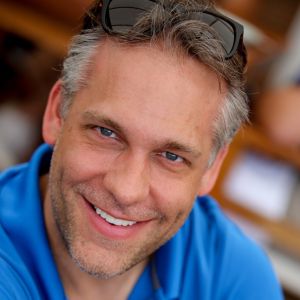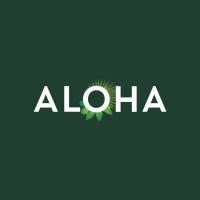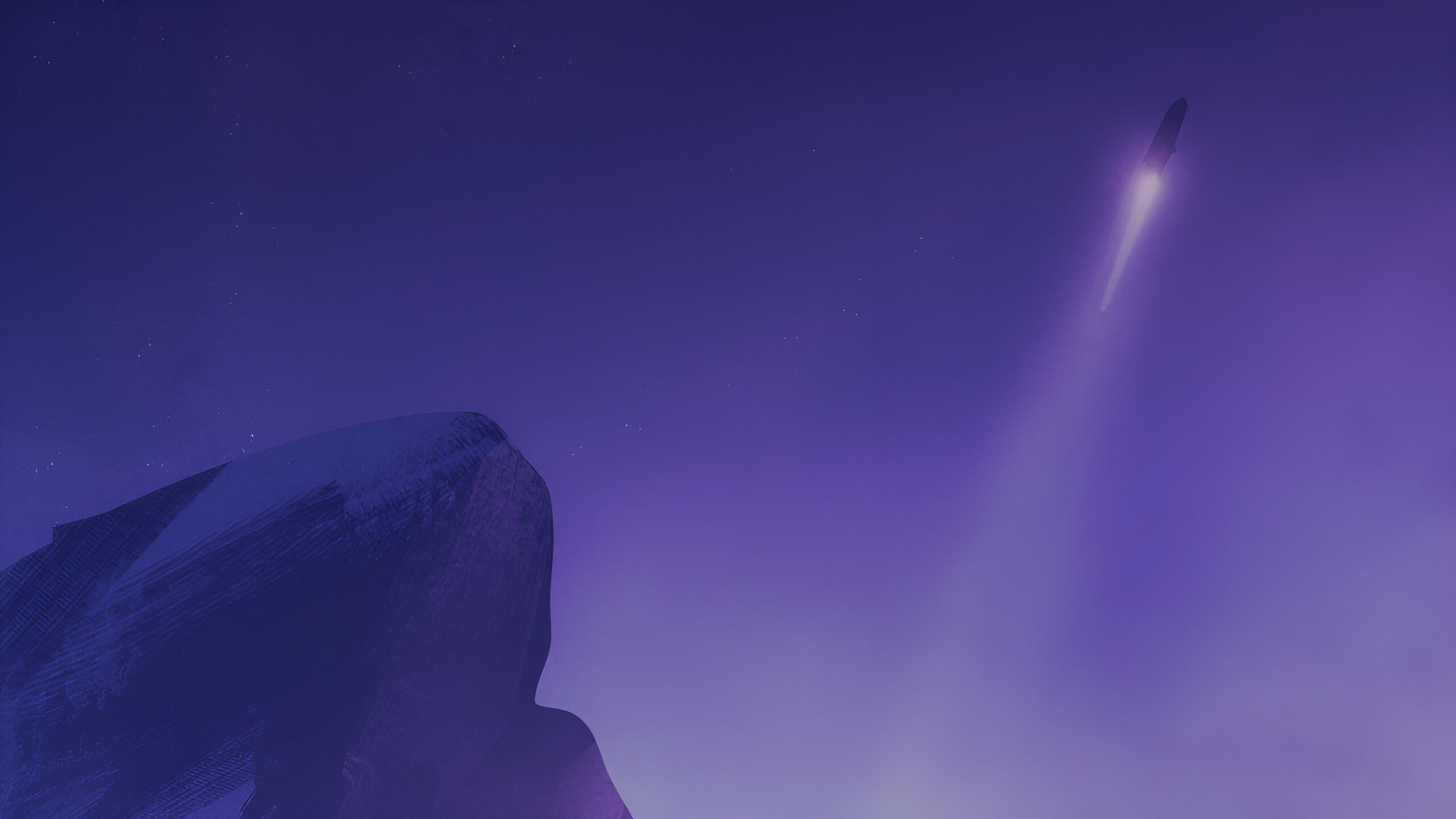Athletes are constantly striving to find their unfair advantage, and most businesses are no different. It’s one tangible thing that sets us apart from our peers that makes us stand out. In late 80’s Nike searched for their unfair advantage and found it in Michael Jordan and the Jumpman brand. Apple was floundering in a market dominated by its competitor until they brought Steve Jobs back into the fold and the rest is history.
Marketing in a crowded segment, such as CPG, those unfair advantages are few and far between. Brad Charron, knows what it’s like to battle those brands flexing their unfair advantage. Brad has fought an uphill climb during his days at Under Armour, Lucky’s, and now as the CEO of Aloha, he’s bringing the heat to its competitors.
“There’s a lot of choices we make in terms of what goes into our product and our food and that choicefulness. We bring that forward in our messaging. We talk about being the only plant-based company that is a hundred percent certified organic that is B-Corp certified. It’s good marketing to try to differentiate yourself. It also just happens to be true, even better. With hot spaces in general, the people on the margins are gonna try to get into this space. It’s smart business for them. That does not mean it’s the most authentic. And in our case our advantage is that we’re walking the walk and the challenge is how do you get that message across in a very cluttered environment?”
As a newly certified B-Corp, Aloha is making waves as a business that’s committed to the greater good, and their messaging reflects that. On this episode of Marketing Trends I sat down with Brad and we discussed a host of topics, including why, after a long run as a marketer, he decided to take up the reins as a CEO. Brad also touched on his past experiences with companies such as Under Armour, Chobani, and Lucky’s, and the role data plays in a marketers strategy, and why Aloha is all-in on omni-channel. I hope you enjoy this episode as much as I did.
Main Takeaways
- Just Do It: Every company has an unfair advantage, it is what differentiates the company from the rest of its competition. In the CPG space, and in popular channels in general, you have to understand what separates your products and services from your competitors and hone in on that. If you’re a health-conscious brand protein bar, make sure you lean into that to separate yourself from the other bars in the same space.
- Keep Showing Up: Your brand must be where your consumers are. Whether that’s in big-box retail, ecommerce or grocery stores, CPG brands have to provide consumers with a holistic shopping experience and meet them where they are. When you adopt a holistic omnichannel approach, you’re also setting your brand up for consumers to more easily find your product, leading to greater adoption.
- A Brand with a Purpose: If you’re a purpose-led brand, not only does your messaging need to reflect your mission, but your company has to align with that same mission. Mission-driven companies have the unique ability to build trust with their consumers, but once that trust is broken, it’s very hard to rebuild.
Key Quotes
“At the end of the journey, I’m a consumerist. I’m fascinated by the decisions rational and irrational, strategic, and non-strategic, that consumers make about their purchase decisions. That’s in the blood. I’ve been fascinated with that for a while. What makes someone’s garbage, Gucci.”
“Success, somewhat breeds success. What’s more interesting is if something’s not working.”
“My job is managing trade-offs, that’s it. That’s the number one name of the game is managing trade-offs. Marketers and salespeople don’t necessarily see eye-to-eye on how to prioritize resources. That’s where a good integrated group like Frito-Lay. At the end of the day, you have to put the right resources in place to be successful. And that means building a good brand.”
Whether you’re going to be image-based, or whether you’re going to be purpose led, or where their authenticity, whether it’s an ingredient story. I mean, the great thing about marketing is, uh, you can make your own story and the consumer will tell you whether it’s believable or not.
“The job of any good CEO is to empower with responsibility, accountability, and responsibility. I was told by an old Frito-Lay a colleague of mine that if you’re behind plans my business, if you’re above planets, your business, so having a good plan, and then, then letting people they’re giving them enough rope to go hang themselves, I think is an important characteristic of leadership.
“When I recruit for people, I recruit for intellectual horsepower. I recruit for a passion for the brand and the food, but I recruit for hustle. It starts with that.”
“Data is king, but you’ve got to know what to do with it. You’ve got to have people that know what to do with it. Segmentation is a big thing for us. You’re running a race and, and there’s no right way to run it, but you gotta have people in place and you gotta have tools and so forth that are simplistic enough to drive dynamic enough to accelerate.”
“The brand does need to show up holistically and in omnichannel. I’m relatively agnostic, where the consumer buys us. They want to buy from me and aloha.com? God bless them. They want to buy from Amazon or Thrive Market? Great. Knock yourself out. Do you want to go buy physically in a store at Wegmans? Awesome. Do I understand the profitability or the different end number that that business represents for me? Sure I do. At the end of the day, I want the consumer to choose to adopt the brand and consume the brand where they see fit. And that means that I don’t have to be in control of it. Omni-channel brands have the highest chance of brand adoption, and that provides the best commercial viability I can offer.”
“If you’re going to be a purpose-led brand, which I do believe consumers appreciate and value, I believe a tie goes to the runner. You’ve still got to have a great product. You still gonna have a good price. You still gotta be in a good position. You still have to be available, but if you can, be wear your corporate or your company charter on your sleeve and to show people that you’re, you’re walking the talk. That’s a really valuable, powerful and poignant expression of a business, and a promise to consumers that from a two-way street standpoint, we’re going to uphold our part of the market.”
Bio
CEO of Aloha, Brad Charron, a leading plant-based protein company that makes bars, powders and drinks. He was formerly senior VP of marketing at Chobani and also worked with Kind Snacks and Under Armour (brand and international marketing exec). He can talk about making the shift from marketing to CEO, shifting goals during the pandemic, the future of plant-based, becoming a B Corp (just did in March) and more. Company is 15 people and employee-owned. He totally overhauled the company when he joined as CEO in 2017 and it looks totally different than before so he’s not a founder but you could say he founded Aloha 2.0.
—
Marketing Trends podcast is brought to you by Salesforce. Discover marketing built on the world’s number one CRM: Salesforce. Put your customer at the center of every interaction. Automate engagement with each customer. And build your marketing strategy around the entire customer journey. Salesforce. We bring marketing and engagement together. Learn more at salesforce.com/marketing.
To learn more or subscribe to our weekly newsletter, visit MarketingTrends.com.




